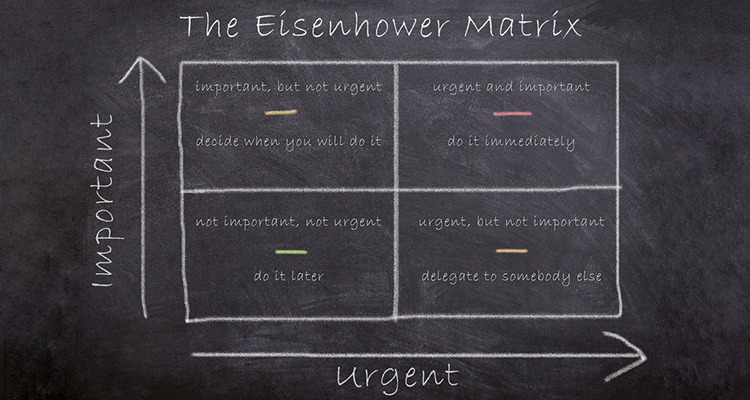Cheer Squad Management
I’ve worked at lots of companies where I was considered a leader even though I was not technically a manager. Leadership is definitely a skill and role that transcends titles, age groups, gender identities and cultural backgrounds. Something strange, though, happens when you are elevated into the management hierarchy, and people may follow you because they feel they have to, whereas in an informal leadership role, people follow you because they want to.
Because of this, I’ve always tried to frame any management decisions I make by asking myself what my team members would want from this process, meeting, coaching, etc.? What would they want to get out of it personally? In an employee review for instance, of course, part of the time is evaluating results and determining a path for improvement, but I also encourage people to bring me what they need from me to excel and to meet the goals we have set.
Telling a salesperson they have to double their revenue to meet their goal is one thing, but asking them about what they think they would need from you as their manager and the company to make that a reality is another one altogether.
Management can’t be about top-down pressure to accomplish a goal. Stressing the importance of a goal and continually pressuring employees to deliver more results without extra resources only drives short-term success at the expense of long term morale and frustration. Failing to reach a goal isn’t a failure of not enough management. It’s a failure of not enough support.
My brain admittedly works in strange analogies, and on the way home from teaching my Saturday Krav Maga class, one came to me.
I’m going to call this Cheer Squad Management.
Take a look at this picture.

Cheerleaders Doing Routine — Image by © Royalty-Free/Corbis
I feel like this is how many managers view themselves, standing at the top, doing the backflips, receiving the “oohs and ahs.” They build the team that makes them shine and take the bows, arms raised in victory.
I disagree. I see the manager at the bottom left, holding the leg of their teammates, pushing them forward into the spotlight. The manager’s job is to create the foundation for the employee to excel, achieve, and be the hero.
The manager’s job is also to be ready to catch the employee on their way down. They provide safety when things may not go as planned, when, despite best efforts, goals are missed, and also when the thrill of yesterday’s victory fades and the hard work of tomorrow’s achievement begins.
A good manager takes personal responsibility for the team’s failures and gives team members full credit for their successes. They elevate the employee, helping them reach new heights, granting them visibility and achievement, all the while playing the role of both the springboard and the safety net.
Grant your teams the freedom to fail and provide them the opportunity to shine. If you do this, you may find people “manage” themselves in a way far better than your thumb on their head ever could.






